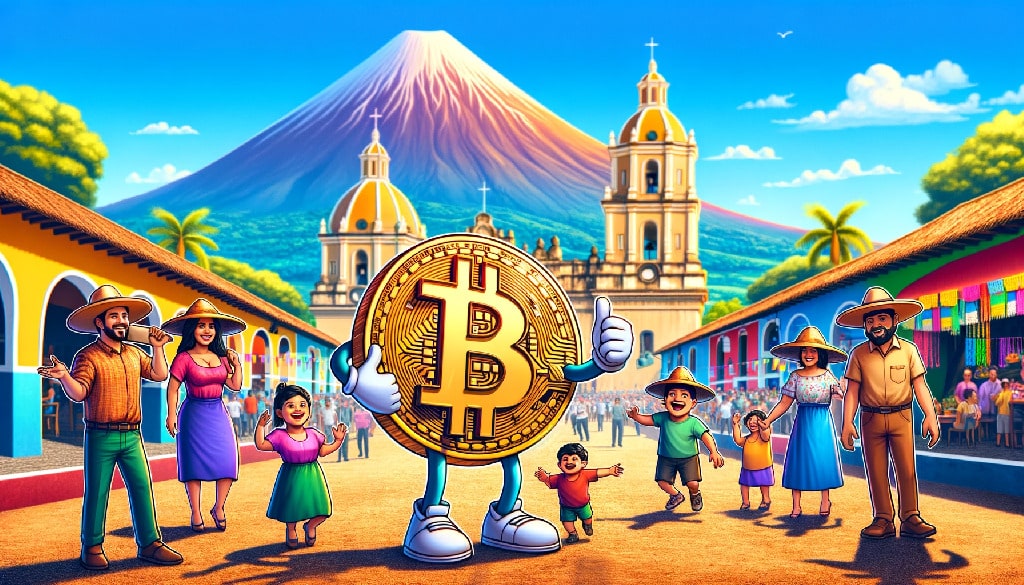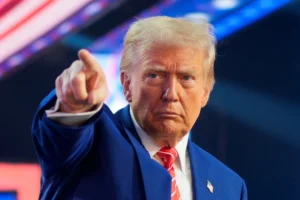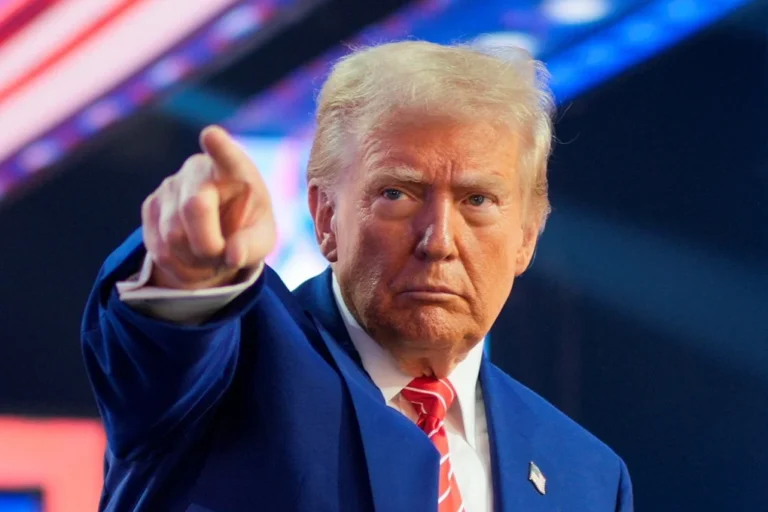El Salvador is set to become a global hub for cryptocurrencies with a monumental $1.6 billion investment in the development of its innovative “Bitcoin City.” In partnership with Yilport Holdings, a leading Turkish company, the country aims to transform the strategic ports of Acajutla and La Union into major economic centers of global significance.
🌟 A Visionary Project: Bitcoin City
“Bitcoin City” is much more than a mere urban development project; it represents President Nayib Bukele’s ambitious vision to position El Salvador as a pioneer in the cryptocurrency revolution. This city is designed to be a tax haven for international investors, offering cutting-edge infrastructure and tax incentives to attract capital from around the world.
The $1.6 billion investment marks the largest investment ever made by a private company in El Salvador. In addition to improving port infrastructure, the investment aims to enhance cargo handling capacity, boost international trade, and strengthen the nation’s economic standing in Latin America.
🏗️ Innovation and Economic Development
“Bitcoin City” will include residential, commercial, and industrial areas, as well as educational and research facilities focused on blockchain technologies. Thousands of jobs are expected to be created, a decisive step toward reducing unemployment and improving the quality of life for Salvadoran citizens.
The project is part of Bukele’s broader pro-bitcoin agenda, which also includes the development of a bank dedicated to cryptocurrencies, further consolidating El Salvador’s role as a leader in adopting financial technology for the future.

🌐 Reactions from the International Community
The announcement of this initiative has elicited mixed reactions within the cryptocurrency community. Many view El Salvador as a model of innovation and courage in adopting new technologies, while others express concerns about the country’s dependence on cryptocurrencies, particularly in terms of volatility and regulation.
Despite the criticisms, the investment in “Bitcoin City” represents a pivotal turning point for the Salvadoran economy, providing a model for other nations interested in adopting similar technologies. Simultaneously, Bukele’s government is negotiating an agreement with the International Monetary Fund (IMF) to mitigate the risks associated with adopting Bitcoin as legal tender.
🚀 Towards a Future of Innovation
With “Bitcoin City,” El Salvador is not only redefining its economic future but also positioning itself as a trailblazer in a new digital era. This bold initiative could transform the national economy and influence the global approach to cryptocurrencies, setting new standards for economic development based on blockchain technology.
El Salvador’s enthusiasm and determination could soon make the country a beacon of innovation and a reference point for cryptocurrencies worldwide. As a pioneer, El Salvador shows us that the future is now and that cryptocurrencies are poised to play a crucial role in our global economy.


















